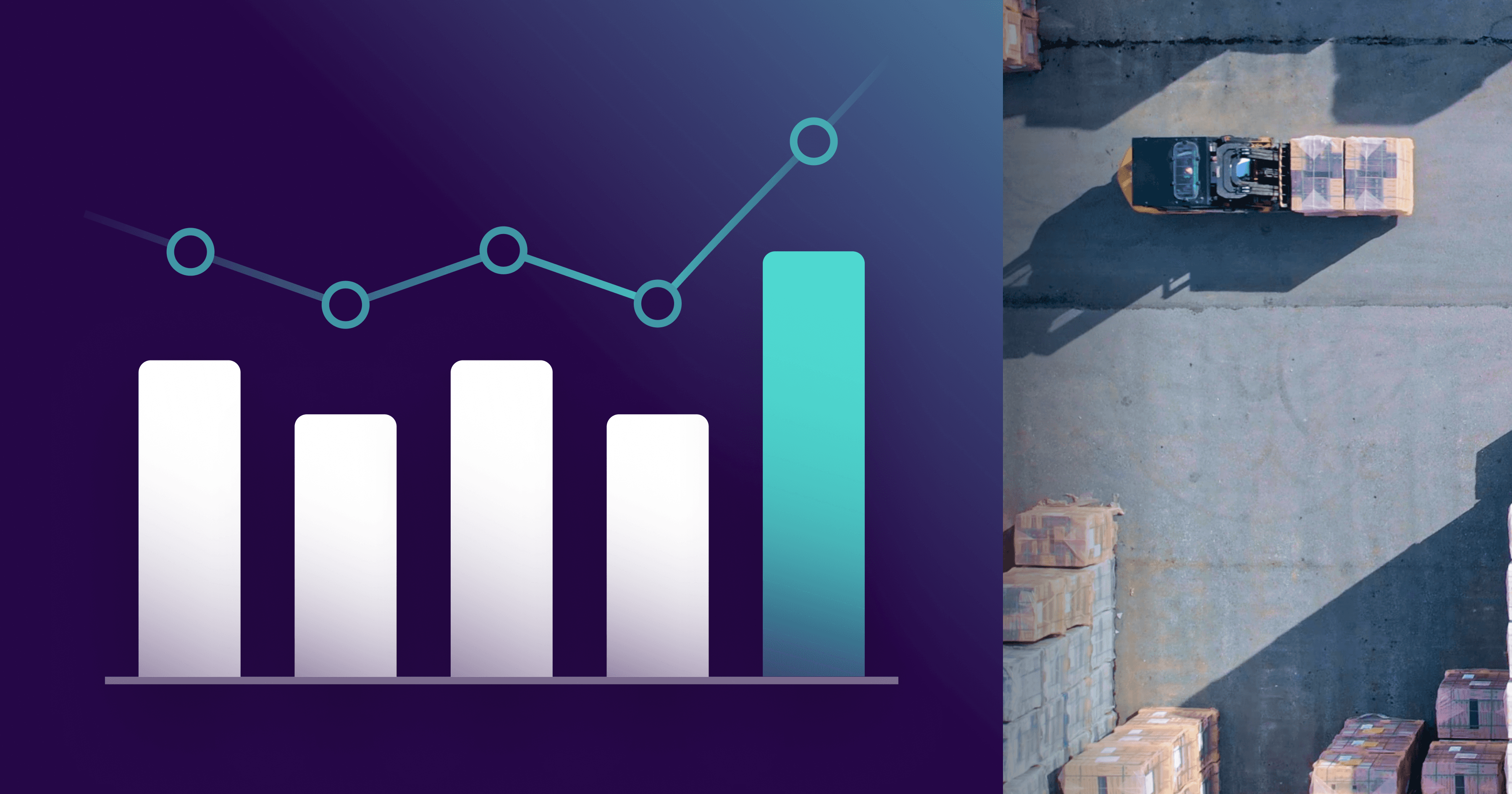Lessons for agribusinesses from Southwest's data debacle

John Brubaker
If you were anywhere near an airport in December 2022, you likely remember the chaos at Southwest Airlines gates.
More than 16,000 canceled flights between Dec. 21 and Dec. 31. Passengers stranded in airports nationwide, with Christmas presents in their bags. Airline crews couldn’t get matched with flights because of outdated scheduling software.
Like with many flight cancellation events, this one started with bad weather hitting Denver, a Southwest hub. But while other airlines generally recovered from the storms in a few days, Southwest’s problems were just starting.
A lack of investment in scheduling software, combined with the cascading flight cancellation data, compounded communication issues. Even after 50+ years of advancements in aviation technology, some components of Southwest’s system dated back to the 1970s.
If “technology from the 1970s” sounds uncomfortably familiar, that’s because it should be. The Ag supply chain often finds itself in a similar position — trying to keep up with a rapidly moving market while using outdated digital infrastructure.
But as Southwest now plays catch-up and scrambles to adopt new digital and IT infrastructure, the Ag supply chain can learn a few lessons from the airline’s mess:
While the implementation of digital infrastructure may come with a price tag, the lack of it can be far more costly
That might be the understatement of the year. In total, the December event cost Southwest more than $1B in lost revenue, passenger reimbursements, and other costs.
In January, the airline reported a net loss of $220M in the fourth quarter of 2022. In a year of record revenues for the airline, that bottom-line loss was even more painful.
Now, there will be another $1B+ headed out the doors — this time on technology upgrades. If the airline had made those upgrades sooner, it probably could have avoided such a hefty price tag from the bad December weather.
Be proactive to avoid the chaos in the first place
If your last technology upgrade happened around the same decade as Richard Nixon was president, or “Bohemian Rhapsody” was released, it’s probably time for change.
Southwest Airlines didn’t prioritize proactive technological adoption — and paid the consequences. They waited until they were already ensnared in a rapidly devolving situation to say, “Hey, maybe we need a new software system that can handle bigger influxes of scheduling and cancellation data.”
An investment into that technology sooner could have set Southwest up to at least keep pace with its competitors during the crazy holiday season.
It’s a valuable lesson for those in the Ag supply chain: the best time to invest in updated technology is… now.
Better data health can mitigate impact of shifting variables
No airline is ever going to be able to control the weather. (And if that day comes, they’ll take all our money.)
In Ag, no retailer or supplier will be able to control the biggest variables they deal with either: weather, market prices, supply chain snags, etc.
But to limit how much those variables impact your business, you need better data health to fortify your decision-making. Even as external circumstances rapidly change (or devolve), if you can rely on your internal systems and data, you can still trust your decision-making.
Customer trust is hard to earn back
Southwest lost $1B (yes, with a B!) just from lost revenue, refunds, etc directly tied to the event.
But that’s nothing to say of the economic impact in the months since. In its 2022 Q4 report, Southwest reported slower bookings in the months after the meltdown.
How many potential passengers have booked trips on competing airlines because of the melee? If you missed Christmas dinner with your grandparents, or spent New Year’s Eve stuck in an airport because of an airline’s mistakes, you’re more likely to book with someone else next time.
It takes time and effort to rebuild that reputation.
Healthier systems and data improve bottom lines
At the end of the day, if your digital infrastructure can’t keep up with rapidly changing variables or an ever-growing cascade of new data, it needs to evolve.
Quality infrastructure and data will set Ag retailers and suppliers apart from their competitors. And most importantly, that infrastructure can insulate a company from a Southwest Airlines-level meltdown.
If you’re interested in learning more about data health and the future of agribusiness commerce, reach out to the Smartwyre team today.




















